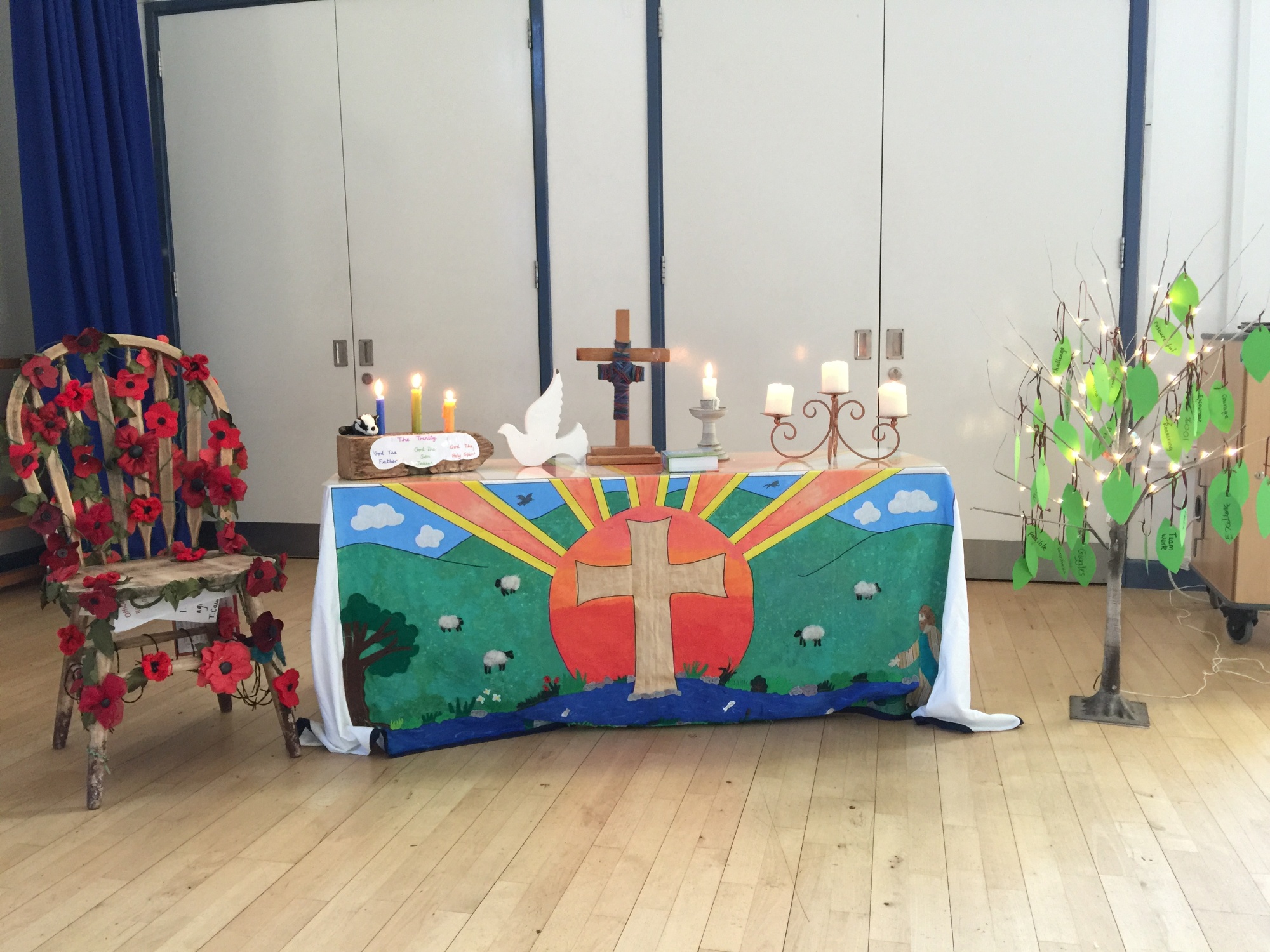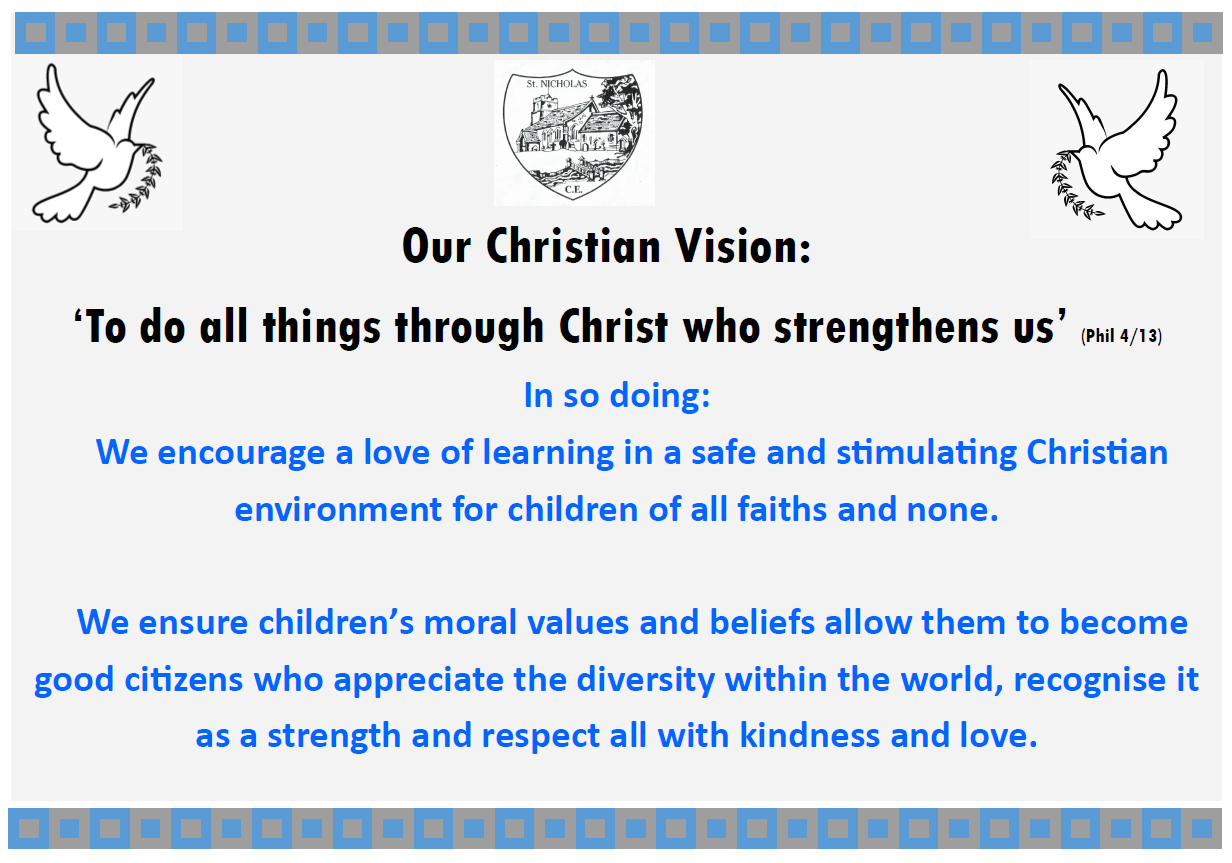Collective Worship
Our collective worship reflects and reinforces the schools, vision aims and ethos;
Collective worship both implicitly and explicitly demonstrates our Christian values of Excellence, Respect and Friendship. Worship will reflect the variety of traditions found in the Church of England, and will recognise and follow the Christian liturgical year. The daily Christian act of worship is central to our ethos and is supported by all staff and governors.
At Longparish CE Primary School, we consider collective worship to be an important part of the school day. An opportunity to reflect and develop the school’s distinctive Christian character but also an opportunity to contribute to the academic achievement, personal development and well-being of pupils and staff and celebrates the contribution that each makes to our community.

We aim for our collective worship to:
- Be a daily expression of our school’s Christian vision.
- To celebrate what is good and worthwhile in the school and wider community
- To develop a feeling of belonging and sense of identity
- Be inclusive, invitational and inspiring for all pupils, staff and parents and visitors
- Offer the opportunity, without compulsion, to all pupils and adults to grow spiritually through experiences of prayer, stillness, worship and reflection
- Enable all pupils and adults to appreciate that Christians worship in different ways, for example using music, silence, story, prayer, reflection, the varied liturgical and other traditions of Anglican worship and festivals
- Provide opportunities for children to plan, lead, contribute to, monitor and evaluate collective worship
- Invite clergy of the parish, other lay members of the parish and other Christian leaders in the community to lead regular worship
Collective worship includes the educational opportunities for
- The whole community to celebrate
- Developing the ability to reflect
- Sharing and experiencing differences
- Developing a culture of learning
- Building a sense of group identity
- Encouraging a sense of personal and social responsibility
- A break from the busyness of life (for stillness and quiet)
- Learning how to behave in a large social group
- Exploring feelings and emotions
- Learning how to perform in front of an audience
- Learning how to respond to a performance
- Making visible the school’s leadership
- Developing inner awareness

